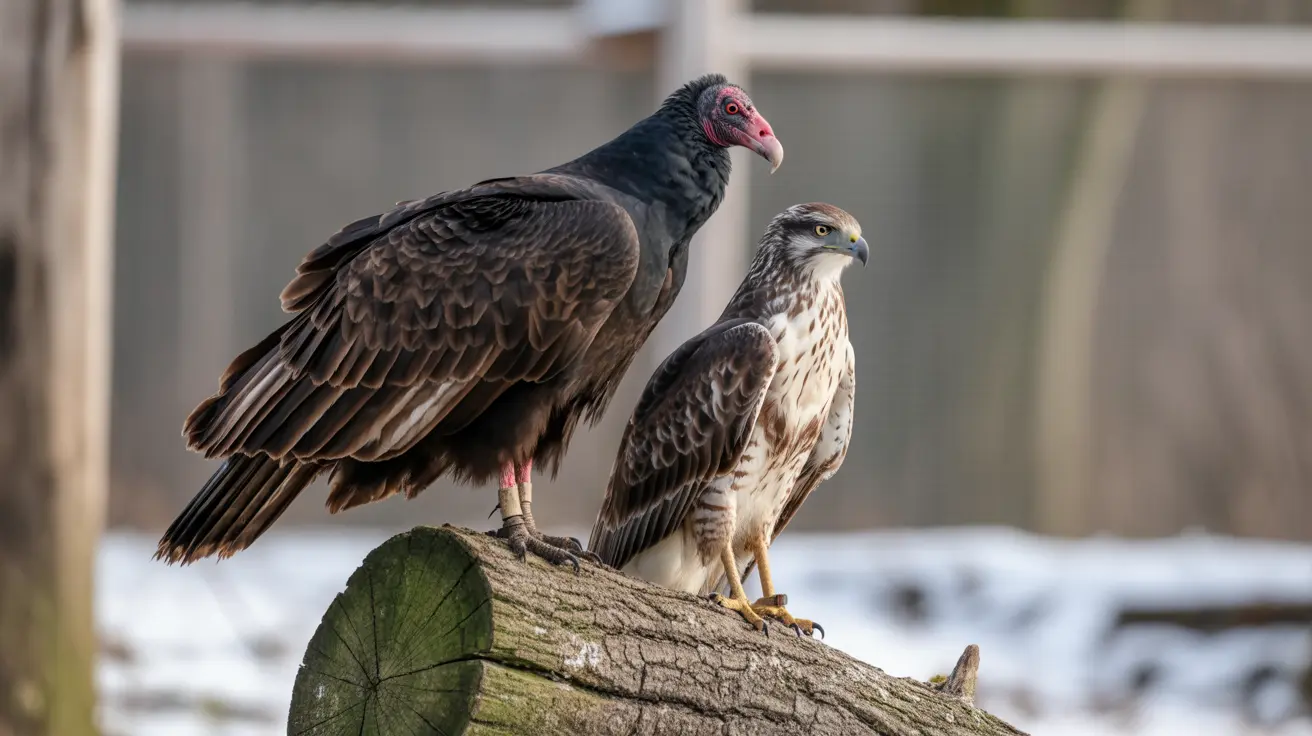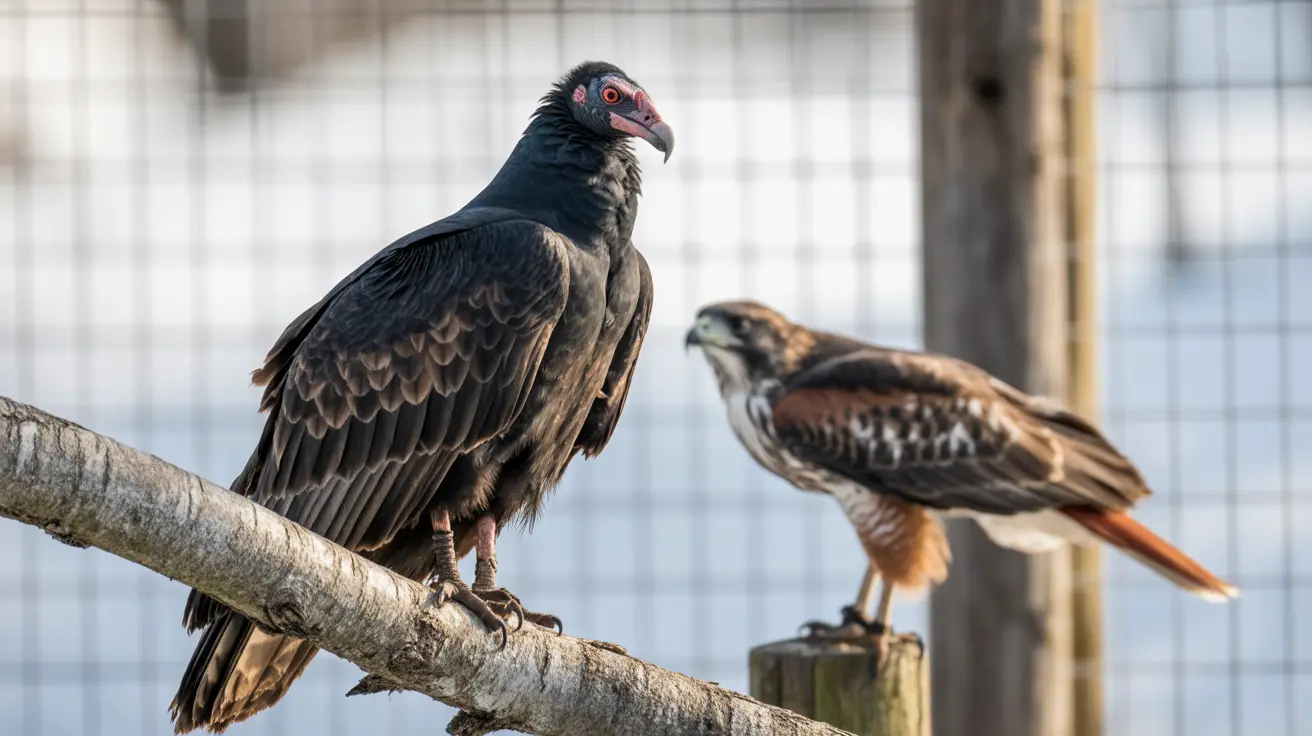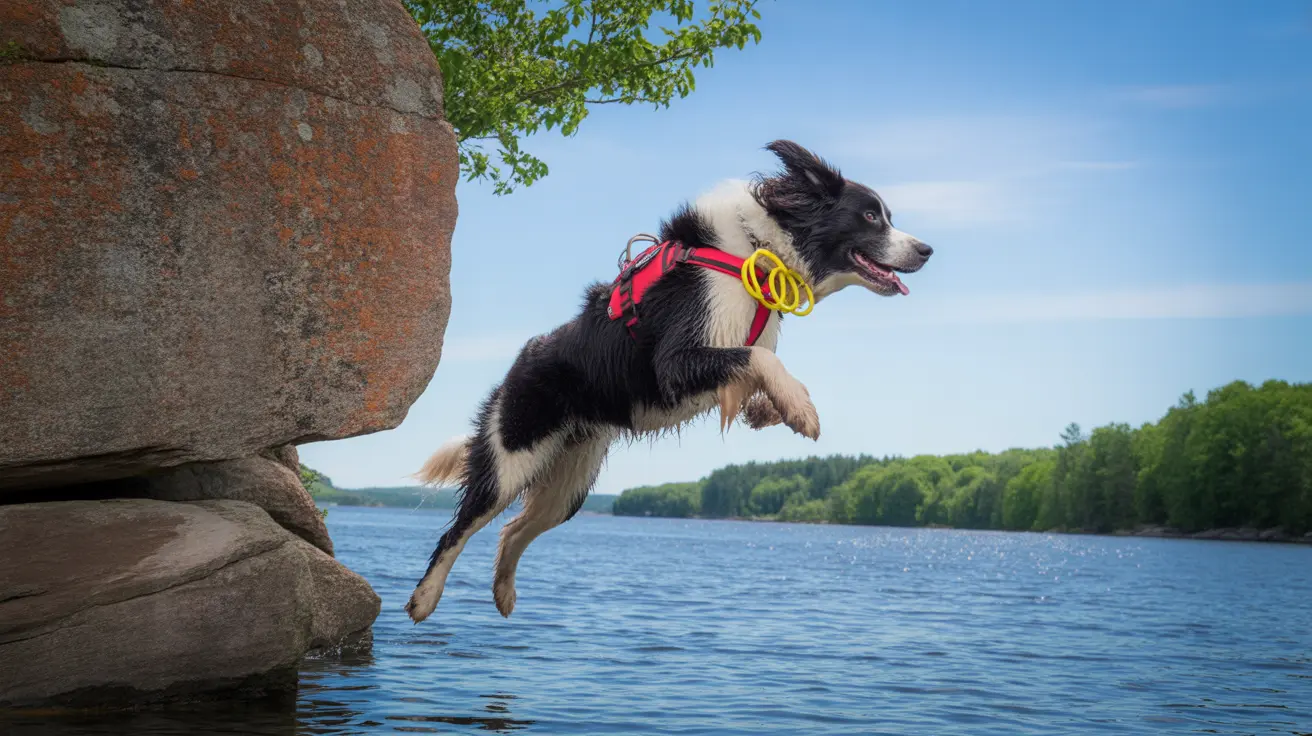Understanding Behavior Problems in Carolina Dogs
Carolina Dogs, also referred to as American Dingoes, are a primitive breed with roots tracing back thousands of years. These intelligent and agile canines are known for their loyalty and independence, but their unique history and instincts can manifest in behavior issues if they aren’t properly understood and managed. In this article, we’ll explore the most common behavioral problems found in Carolina Dogs and how responsible pet owners can address them.
1. Shyness and Wariness of Strangers
One of the most distinct behavioral traits of the Carolina Dog is its natural aloofness and caution toward strangers. This wariness is rooted in their feral ancestry and survival instincts. While not inherently aggressive, a Carolina Dog may avoid unfamiliar people or situations, making early socialization critical.
- Begin socialization during puppyhood to build confidence.
- Use positive reinforcement to encourage friendly encounters.
- Gradually introduce new people and environments.
2. High Prey Drive
As descendants of wild dogs, Carolina Dogs possess a strong prey drive. They are likely to chase small animals, including cats, birds, squirrels, and other pets. This behavior can create problems in multi-animal households or during walks off-leash.
- Keep Carolina Dogs on a leash during outdoor activities.
- Do not leave them unattended in open areas with smaller animals.
- Use distraction techniques and training commands to redirect their focus.
3. Digging and Escape Behavior
Carolina Dogs are notorious diggers and may attempt to burrow under fences or dig out of boredom. This compulsive digging behavior, inherited from their ancestors who dug to find food or remain cool, can damage gardens and compromise yard security.
- Provide supervised outdoor time and ensure fence security.
- Designate a safe digging area like a sandbox and train them to use it.
- Engage them with interactive toys and puzzles to reduce boredom.
4. Territorial Instincts and Dominance
The breed can be highly territorial and assertive, especially with other dogs. Carolina Dogs may exhibit dominance or aggression toward unfamiliar canines, leading to dog-on-dog conflicts if not handled early in development.
- Enroll in obedience classes to instill proper social behaviors.
- Introduce unfamiliar dogs in neutral environments.
- Supervise interactions with new dogs to avoid conflict.
5. Separation Anxiety
Although known for their independence, some Carolina Dogs suffer from separation anxiety, particularly when left alone for extended periods. Symptoms may include whining, destructive chewing, or attempts to escape.
- Provide mental stimulation and routines when the dog is alone.
- Create a safe, comfortable space where the dog feels secure.
- Gradually build tolerance for separation through short departures and desensitization.
6. Sensitivity to Change
Carolina Dogs are creatures of habit and may react negatively to changes in their routine, environment, or household members. This sensitivity can lead to stress behaviors like refusal to eat, excessive barking, or nervous pacing.
- Maintain consistent schedules and meal times.
- Introduce changes gradually and with assurance.
- Provide comfort items and safe spaces during transitions.
Managing Behavioral Challenges Effectively
While these traits can lead to challenges, with patience and dedication, Carolina Dogs can be well-adjusted companions. Key strategies include:
- Consistent training using positive reinforcement methods.
- Early and ongoing socialization with other animals and people.
- Daily physical and mental stimulation to fulfill their needs.
- Secure and enriching environments both indoors and outdoors.
In conclusion, understanding the unique needs and instincts of Carolina Dogs is essential for preventing and managing behavioral problems. Pet owners who commit to proper training, patience, and a structured environment will experience the rewards of living with this intelligent and unique breed.





